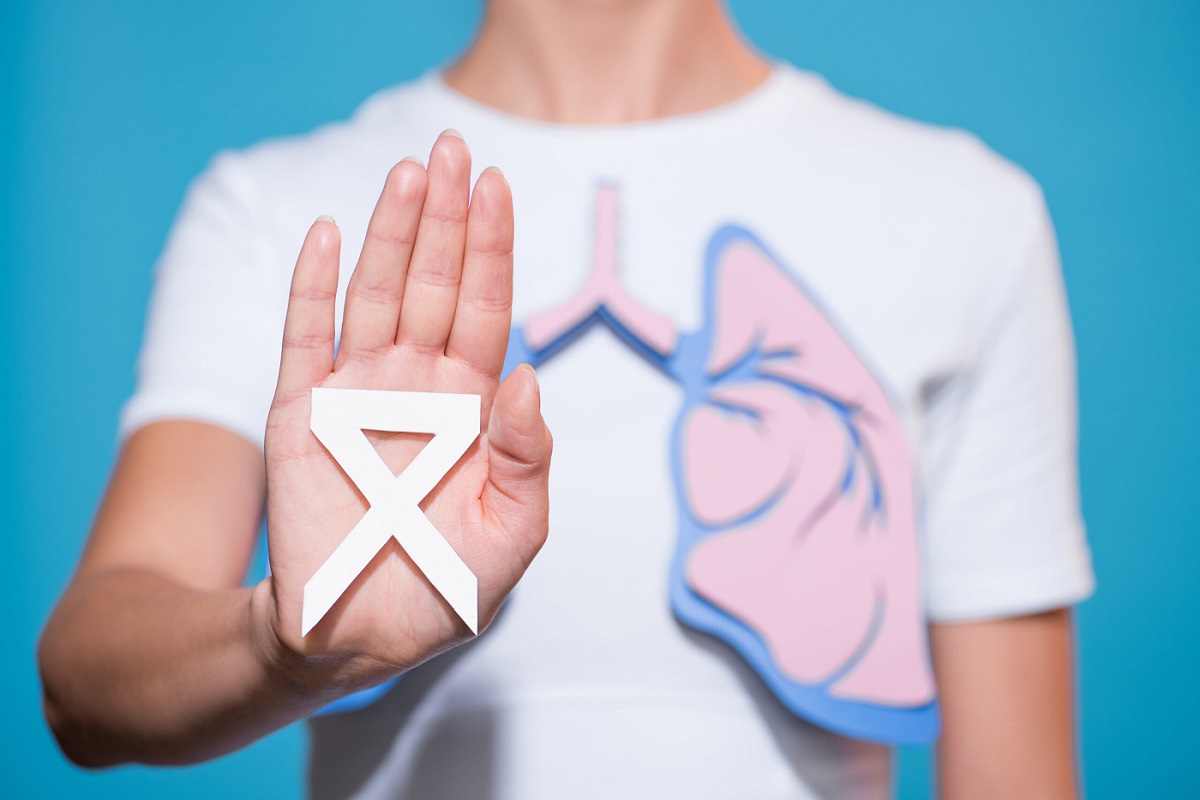
World’s Lung Cancer Day
Lung cancer is a type of cancer that affects the lung cells and occurs when the lung cells mutate and grow abnormally. Cells grow uncontrollably and contract together to form tumors. Cancer cells grow out of order and destroy the healthy lung tissue around them. These types of tumors are called malignant tumors. When cancer cells spread, they prevent the body from functioning properly.
Lung cells often change when exposed to the dangerous and toxic chemicals we breathe.
There are two major types of lung cancer: small cell lung cancer and non-small cell lung cancer. Small is often associated with smoking and usually responds positively to chemotherapy.
Unfortunately, the symptoms of lung cancer often appear when the cancer has spread to other parts of the body, so treatment is very difficult at this stage. Lung cancer is the second most common cancer among men and women. Generally, the lifetime risk of cancer is 44% in men and 38% in women
Why are malignant tumors dangerous?
- Because malignant tumors have uncontrollable growth
- The rapid growth of cancer cells disrupts the normal functioning of organs
- Due to the unusual enlargement of the tumor, the main airway is often blocked, so that part of the lungs cannot be used for breathing or infection may occur in that area due to obstruction
- Cancerous tumors have the ability to spread to other parts of the body. Sometimes cancerous tumor cells shed. These cells can travel through the blood or natural fluid around the lung tissue called lymph to other parts of the body and begin to grow uncontrollably in a new location, causing cancer cells to spread throughout the body.
- Sometimes other types of cancer spread to the lungs. In this case, although the cancer is in your lungs, this type of tumor is not considered lung cancer.
Lung cancer in the elderly
According to studies, the elderly with lung cancer had higher mortality rates than the young with the cancer, and the rate of positive response to chemotherapy was lower in older patients and the rate of anemia was higher compared to younger patients.
The incidence of lung cancer increases with age, and 60% of patients are over 65 years of age, because with age, molecular changes and their repair process and DNA decrease. As the world's elderly population grows, lung cancer is becoming an important public health issue today and in the future.
Complications of lung cancer
- Shortness of breath
- Cough with blood
- Pain
- The presence of fluids in the chest
- Metastasis
Prevention methods
- Do not smoke and quit, and if you have never smoked, do not start
- Avoid cigarette smoke.
- Test your house for radon
- Avoid carcinogens in your workplace
- Have a diet full of fruits and vegetables.
- Exercise most days of the week

 Our Location
Our Location +1 (778) 723-6108
+1 (778) 723-6108
Leave Your Comment